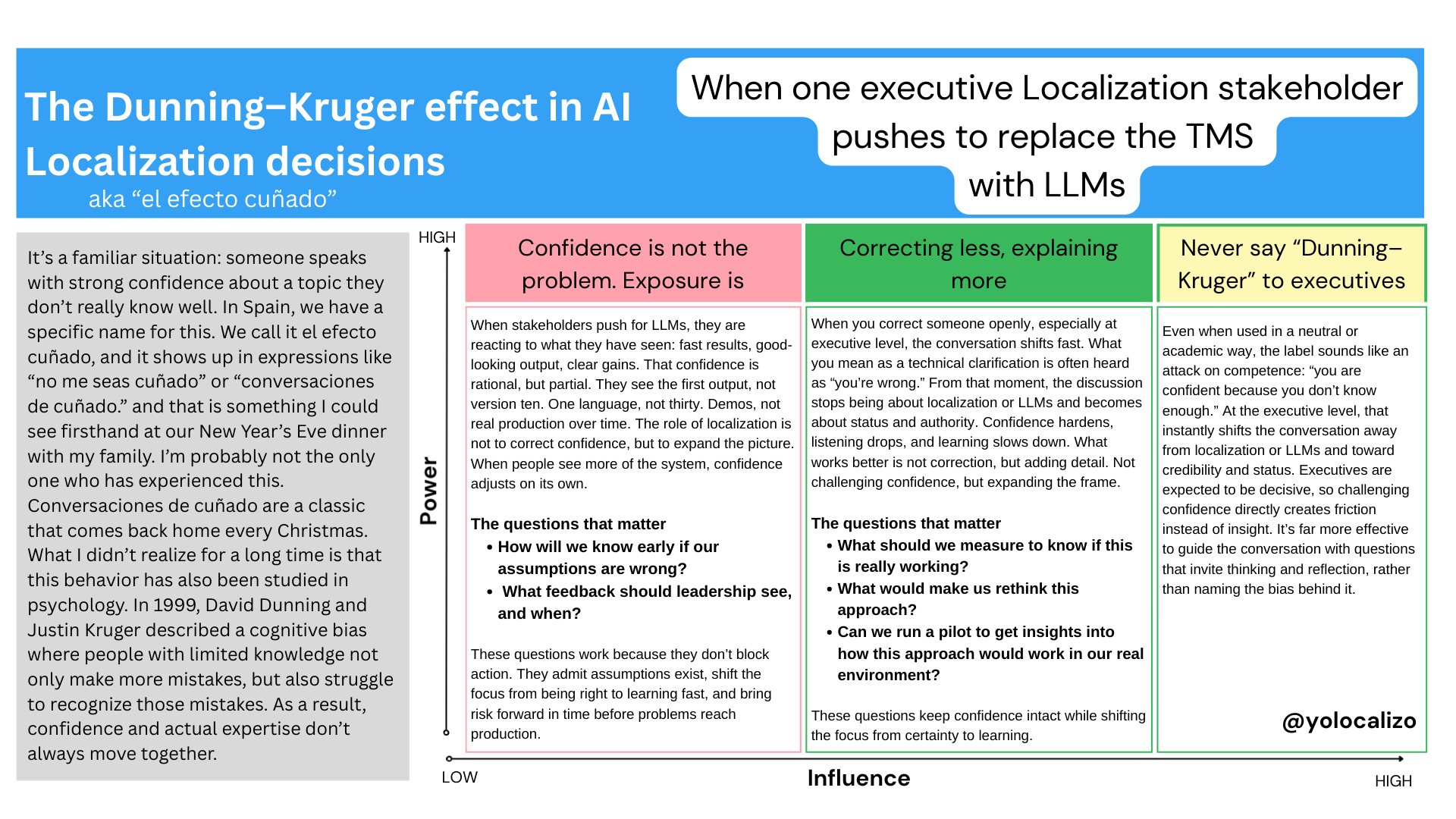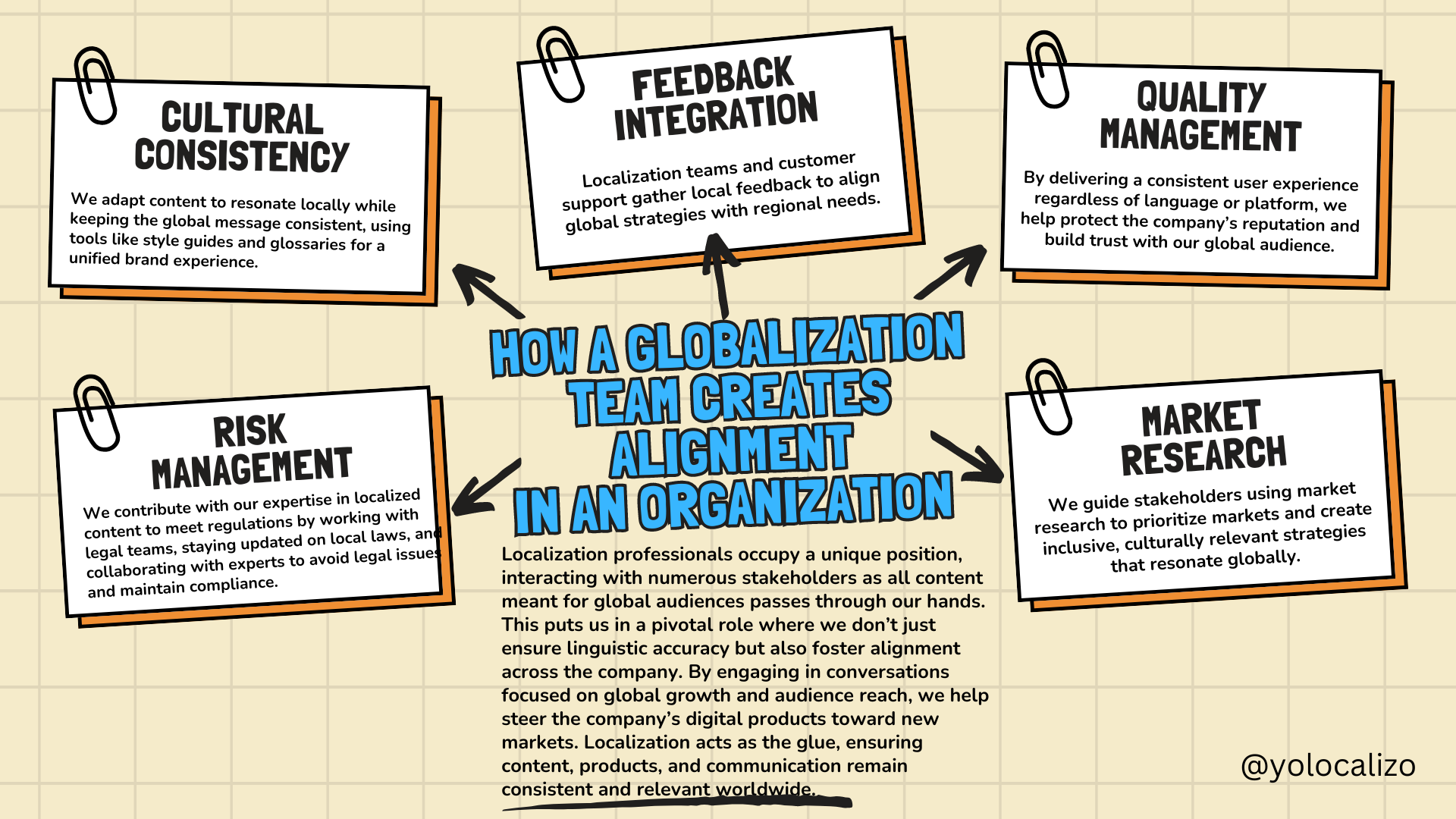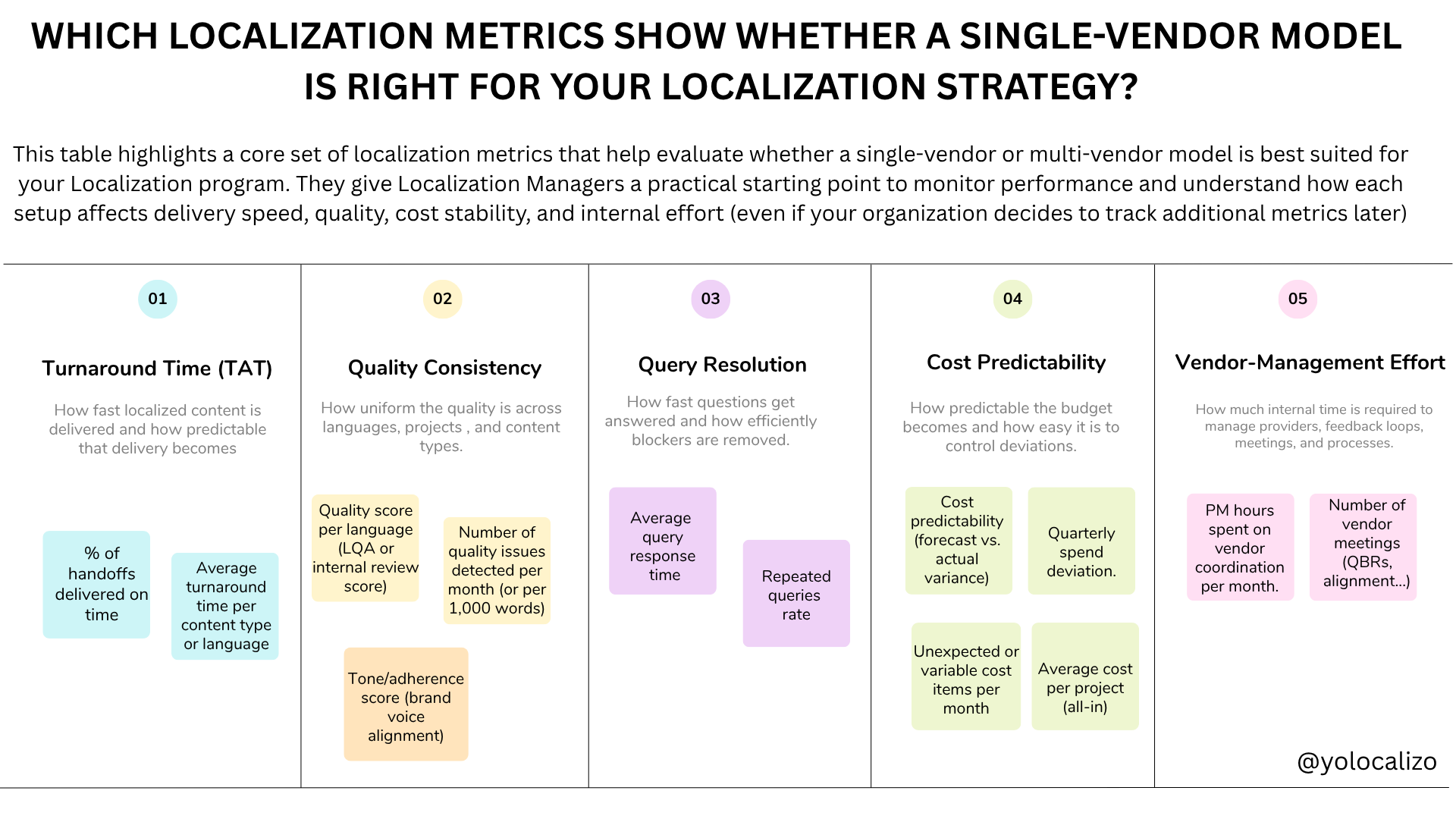Two decades managing teams - A difficult journey from Napoleon to Gandalf
My post today is a little bit different from my previous. I won’t write today about any Localization topic. I want to explore today whether I’m Gandalf or not … or if I’m at least in the process to be closer to Gandalf …. What do I mean? Did I lose my mind? Might be … but let’s see first if I’m able to connects the dots (thanks Jobs!)
Look at that picture, it’s a nice coat, isn’t it? Santa brought it as a gift for me, and you know what?, the first day I wore that coat my son said to me:
“You look like Gandalf " :)
I guess he said that because he was playing the video game of LEGO Lord of the Rings that Santa brought him … I guess in his kid eyes maybe we are all Gandalf’s … but, hey, what if I’m becoming Gandalf?? Let me elaborate ….
I’ve been managing teams for two centuries :) that means:
Courtesy: Mind Tools
1. I’m getting old! Dow!, true, but in my defence I will say that I started to work quite young for the standard of the 90’s. When I was 21 I joined the Localization industry and 3 years later I was a QA Team Leader. I guess I was a kind of Millenial of the 90's :) At that point I had my first team to manage, a small team of 4 Localization QA Testers.
2. I’ve seen a huge evolution in the management style. When I started my management journey the most predominant leadership style was High D (Dominance in DISC profile); Now we are in the era of coaching, the era of leading by example …. This a great change in the paradigm of how to approach work …how to approach a team … how to approach project management… how to approach human relationships…
In the following paragraphs, I will explain how I feel when moving from command & conquer (D) style to a coaching style (I & C)
I guess the following quote is familiar to some of you
““If you want a thing done well, do it yourself””
This is attributed to Napoleon, and although when I said that I’ve been managing for 2 centuries might sound a little bit Napoleon-ish … I can guarantee you I’m not Napoleon! .. but I’m like him in understanding how difficult and challenge is to embrace delegation and coaching.
Why I have problems with this? Let’s be honest … IT FEELS GOOD when you are asked for help and you can help to solve a problem… it feels sweet when someone from your team or family/friends ask you advice and you tell them the right way to do it, let’s be honest, it feels great! I feel like a super hero!!, I see someone struggling and I just with a couple of actions… ta-chan! problem solved .. like a super hero! This is great for our ego, but let’s face the reality, this is not great to empower our teams.
This management style worked fine for me at the end of the 90’s or even last decade … but definitely this management style is old-fashioned and not valid anymore.
MY teams can only grow if I give them the space to grow (and a framework to fail) Our teams cannot grow if we take a Napoleon approach telling them what to do, and thinking that no one will do something as great as ourselves can do. Being bossy it’s easy and solving problems feels great, but the disempower effects are devastating
Now the question is:
How can I move from problem solver to thinking facilitator? How can I move from Napoleon to Gandalf?
When I think about it, Gandalf would be today a SCRUM Master and Ted Talker or a Personal Growth coach :)
When I think about his role in Lord of the Rings or The Hobbit he was mainly asking questions to Frodo or Bilbo. Asking questions in an intelligent way to find answers, identify problem, propose solutions …. in a word Guiding ...
“Answers are closed rooms; and questions are open doors that invite us in
”
Below I shared with you three tactics that are helping me to be closer to become as great coach as Gandalf is :)
1. As simple as difficult. Less advices and more questions.
Giving advices is so wired in my brain that I do really need to make an effort to stay quiet and start making questions so we can attack the issue from a different angle. Giving solutions/advices to problems feels good, but it does not help to empower our team or individuals. Therefore, the first step to develop my teams is ask more, talk less. And the first step to develop myself in this area is to learn to wait, to be comfortable with the silence. In coaching Gandalf mode I need to ask more and talk less, but it’s important to create the space so the other person can think, this means when I do a question I don’t have to enter immediately in “advice mode” if the other person doesn’t reply back immediately…. 10 silence seconds might feel… 10 minutes long … but I need to learn to wait, being patient and don’t offer advices immediately.
2. What’s happening in your world?
This question is working quite nicely for me to kick off conversations and specially in my 1:1. It’s ambiguous enough to let my team member to decide the area s/he wants to cover. This question often leads to a good conversation about which area or topic is creating some anxiety . What I like about this question is that it opens the water melon to talk about projects status, people relationships or performance behaviours. Each of this area offers a great opportunity for coaching and increase empowerment and accountability
3. What’s the real challenge here for you?
Here I reach the core of the issue, sometimes we might have our team member just talking, and we feel like we are in a loop, in circles, we don’t really see a connection in the words/thoughts. We are unable to see the world with their eyes …. When we ask what’s the real challenge here for you? we are closer to have a quality conversation, because we will be seeing his/her perspective. Adding “for you” in a question helps to really understand the problem.
*Question bonus point. It’s difficult to avoid being a super-hero or Napoleon, and even when I’m aware that I need to wait to give ideas and suggestions when I’m asked questions …. It so damn difficult to stay quiet! Sometimes all the muscles of my body are dying to give that advice that it’s going to solve all the problems!!!, but quite often our advices are not as good as we do think, paraphrasing the great book of Ryan Holiday Ego is the enemy.
In that particular scenario I found the following tactic quite helpful to be closer to Gandalf … when you are asked one question, before entering in advice-mode try this….
Hey “That’s a great question, I think I have some answers, some solutions to this problem, but before I give you my suggestions , which are your thoughts about how we could solve this problem?”
When I start a conversation with this approach I’m involving my team much more than just telling them what to do. It increases their accountability, engagement and empowering after all.
We are living in an interesting era nowadays, different generations collaborating in projects, Millennials, Gen X, Baby Boomers, Silents … different mind-sets, different tactics to use… complex stuff.
Dear son, I’m not sure if I’m the Gandalf you believe you see, and becoming a Gandalf coach is much more than wearing a coat :), but there’s something I have crystal clear, the Napoleon mind-set is not valid anymore, nowadays the ability to tame your advice beast and learn to do good questions is even more powerful than the army Napoleon had a few hundred years ago.
Good luck out there everyone and have an awesome day!
@yolocalizo
“I wish it need not have happened in my time,” said Frodo.
“So do I,” said Gandalf, “and so do all who live to see such times. But that is not for them to decide. All we have to decide is what to do with the time that is given us.”
















Localization professionals often focus on translation quality and best practices, but decision-makers care about customer impact and revenue. If we frame localization as a cost, it risks being deprioritized. Instead, we must highlight its value driving engagement, trust, and business growth.